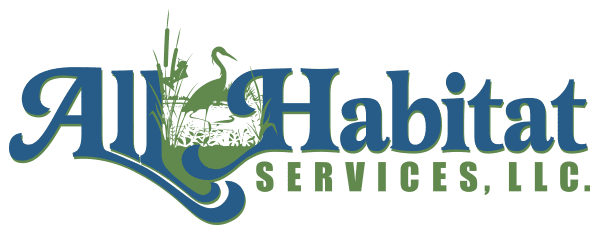 Unchecked growth of invasive or nuisance aquatic plant species diminishes water quality, aesthetic value, and overall function of lakes and pond. The Town of Cheshire came to us to control Common Waterweed (Elodea canadensis), Duckweed (Lemna spp.), Watermeal (Wolffia spp.), Coontail (Ceratophyllum demersum) and filamentous algae which were degrading Weeks Pond.
Unchecked growth of invasive or nuisance aquatic plant species diminishes water quality, aesthetic value, and overall function of lakes and pond. The Town of Cheshire came to us to control Common Waterweed (Elodea canadensis), Duckweed (Lemna spp.), Watermeal (Wolffia spp.), Coontail (Ceratophyllum demersum) and filamentous algae which were degrading Weeks Pond.
Without proper control or other competitive plant species present, waterweed can develop into dense stands, reduce water movement, cut off light, trap sediment, and produce anoxic conditions. While coontail is native, the plant can become problematic as it forms dense mats just below the surface. Dense infestations of Duckweed and Watermeal are both unsightly and reduce the amount of sunlight entering the water column, thus causing a reduction of photosynthesis to all submerged plants. Both plants’ tendency to cover the entire surfaces of the water, without control, also reduces the oxygen levels of the water body which results in oxygen depletion of the system.
After our treatment regimen, Weeks Pond was effectively cleared of duckweed, watermeal and filamentous algae, along with a great reduction in the waterweed and coontail population. In cases such as this pond, herbicide treatment is necessary to manage for aggressive plants in order to obtain a healthy and balanced pond system.
